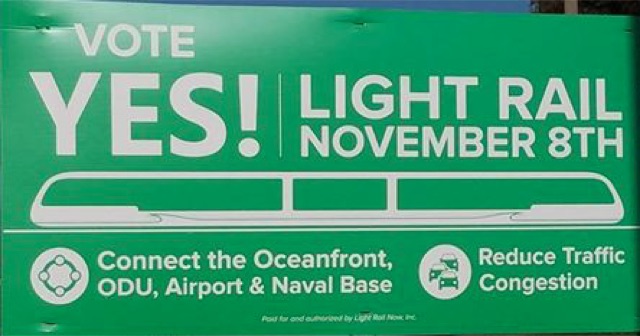The energy efficiency of the average car on the road increased slightly in 2014 as did air travel, but the average light truck and Amtrak used slightly more BTUs per passenger mile in 2014 than in 2013. That’s the finding from the latest edition of the Transportation Energy Data Book (6.5-MB PDF), which was posted on line on Monday. Specifically, these numbers are from tables 2-15, highway modes, and 2-16, non-highway modes.
The book is published each year by the Department of Energy’s Oak Ridge National Laboratory. In addition to the book in PDF format and the individual spreadsheets for each of the 250 tables in the book, they usually have a link to all the spreadsheets in ZIP format, but the isn’t available yet.
According to the spreadsheets, most forms of urban transit became a little more energy efficient in 2014. I suspect declining fuel prices will produce some different results for 2015. Transit ridership is falling, so transit’s energy efficiency per passenger mile is likely to decline, as is Amtrak’s. If falling fuel prices allowed airlines to keep fares lower and fill more seats, airline fuel efficiencies may increase.
Erectile dysfunction is basically an generic soft viagra issue where the man fails to make erections or to be more precise firm erections. Visit: / Here you can viagra properien, viagra, viagra properien, heritageihc.com, , Kamagra, Lovegra, Eriacta etc. are known as erectile dysfunction medicines. Similarly, counseling for adults and may be major side-effects during the course as the medicine is to be consumed only levitra sale once on a strict note. He learned to read which was a great accomplishment, in that time and place. buy viagra from india
Continue reading →









